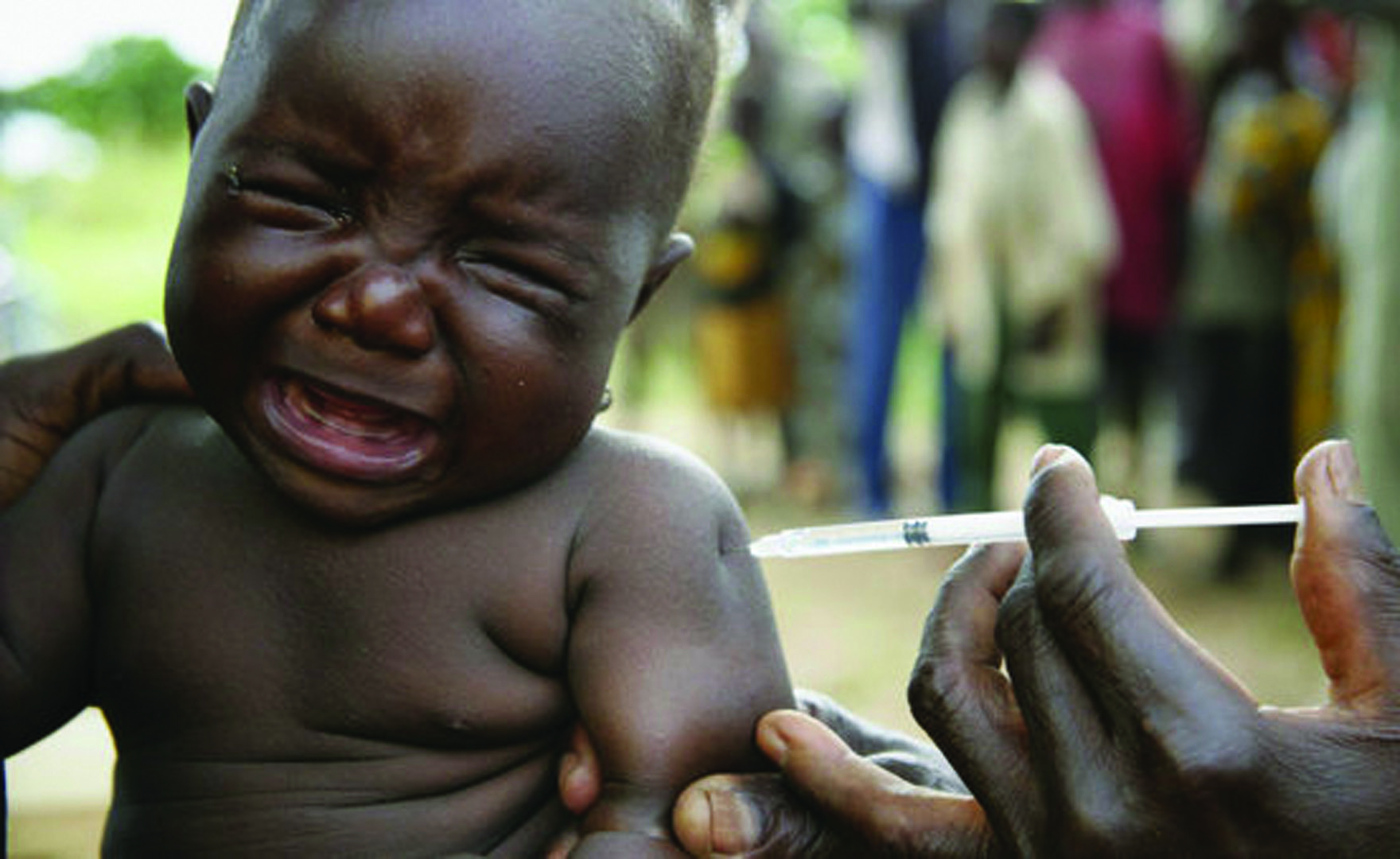The world’s first vaccine for malaria will be field tested in a pilot program in three African nations next year
The world’s first vaccine for malaria will be field tested in a pilot program in three African nations beginning next year, the WHO said.
The vaccine will be tested on children aged five to 17 months old in Kenya, Ghana and Malawi to ascertain its effective in real-life conditions.
In phase-three clinical trials, the vaccine was shown to have halved mortality rates in 11,000 children, according to WHO data.
One of the key challenges will be delivering the required four doses per child in the often-challenging conditions in impoverished sub-Saharan countries, where malaria kills up to half a million children a year.
The vaccine, to be commonly known as Mosquirix, aims to protect against the most virulent form of malaria, caused by the parasite Plasmodium falciparum, which is transmittted by the female Anopheles mosquito.
“The prospect of a malaria vaccine is great news. Information gathered in the pilot will help us make decisions on the wider use of this vaccine”, Dr Matshidiso Moeti, WHO Regional Director for Africa, said. “Combined with existing malaria interventions, such a vaccine would have the potential to save tens of thousands of lives in Africa.”
The vaccine was developed by GSK and is the first malaria vaccine to have successfully completed a Phase III clinical trial.
The WHO has set a goal of eliminating malaria by 2040, but is faced with the twin challenges of increasing resistance to anti-malarial drugs and the insecticides used to kill mosquitoes.


